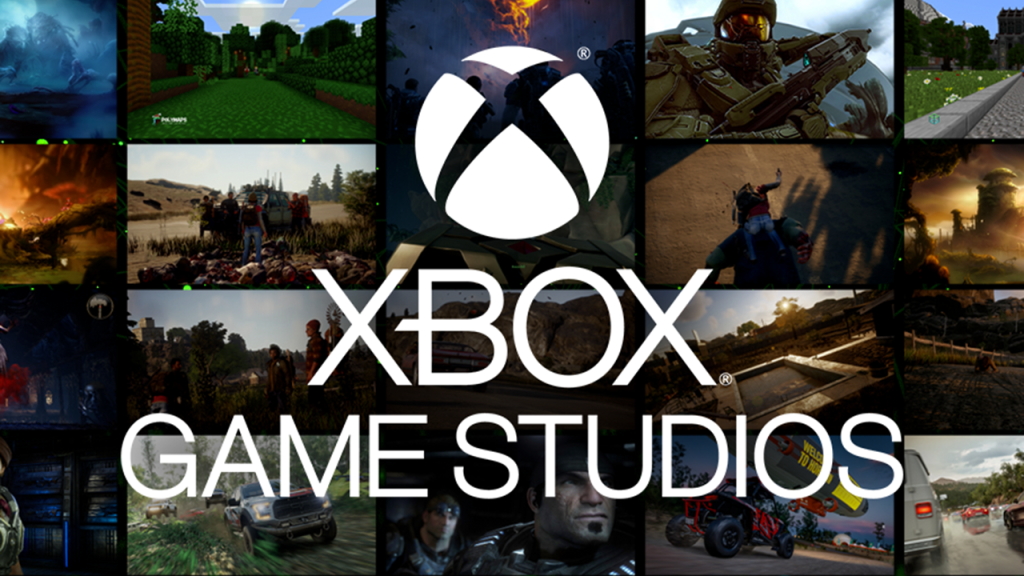Two former Xbox executives have revealed their thoughts on Game Pass this week. While Game Pass has been a successful service for ensuring a broad number of games find an audience, there are an increasing number of people sounding warning alarms over the impact on overall sales.
As spotted by PCGamer, former Bethesda VP and head of marketing, Pete Hines, recently told Dbltap that Microsoft has been ‘short sighted' with Game Pass, resulting in an imbalance between the needs of the service, the needs of those running it and the needs of those creating the content for it. In its present form, Hines says that Microsoft is “not properly valuing and rewarding” what the studios are creating for Game Pass.
As that interview did the rounds, Shannon Loftis, former Xbox Game Studios Vice President, wrote some of his own thoughts down on LinkedIn, saying that while Game Pass has been good for some games, it has also had a negative impact elsewhere:
“While GP can claim a few victories with games that otherwise would have sunk beneath the waves (Human Fall Flat, e.g.), the majority of game adoption on GP comes at the expense of retail revenue, unless the game is engineered from the ground up for post-release monetization”.
Over time, more former Xbox executives have spoken up about the Game Pass service and the impact it has on game studios and game sales. This is an important perspective to get, as it primarily deals with first-party game development. Microsoft still expects its internal studios to pull in sales beyond Game Pass subscription players. Meanwhile, third-party studios often get lucrative deals to launch on to Game Pass, in some cases, enough to ensure the game is profitable from first sale. This is not a luxury that is afforded to first party studios, which is how Tango Gameworks ended up on the chopping block, despite Hi-Fi Rush being a well-received release.
Discuss on our Facebook page, HERE.
KitGuru Says: The Game Pass business model is far from perfect, but the fact remains, it is still a good deal for many console and PC gamers. Unless Microsoft decides to stop putting new first-party releases on the service at launch, day-one sales for a lot of games are likely to be lower than expected.
 KitGuru KitGuru.net – Tech News | Hardware News | Hardware Reviews | IOS | Mobile | Gaming | Graphics Cards
KitGuru KitGuru.net – Tech News | Hardware News | Hardware Reviews | IOS | Mobile | Gaming | Graphics Cards



